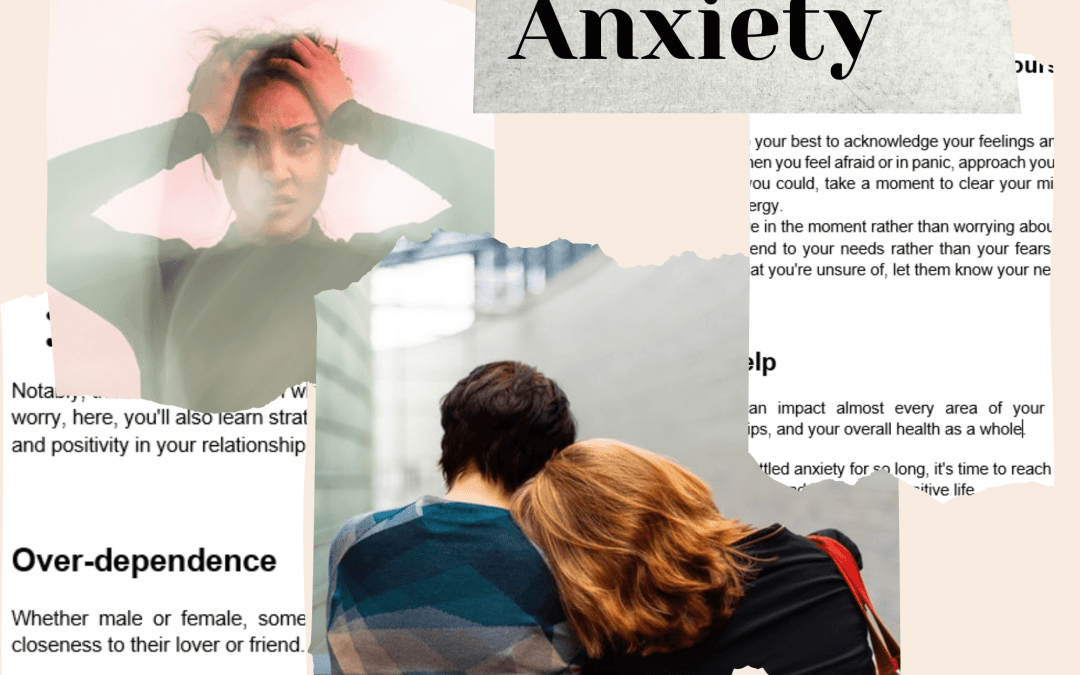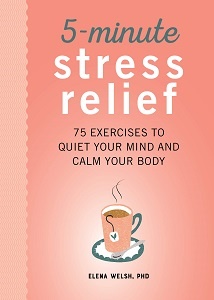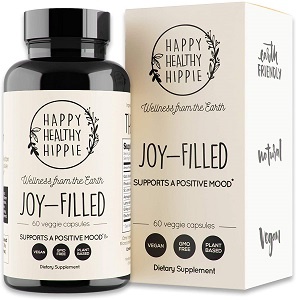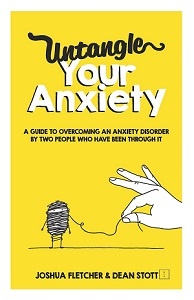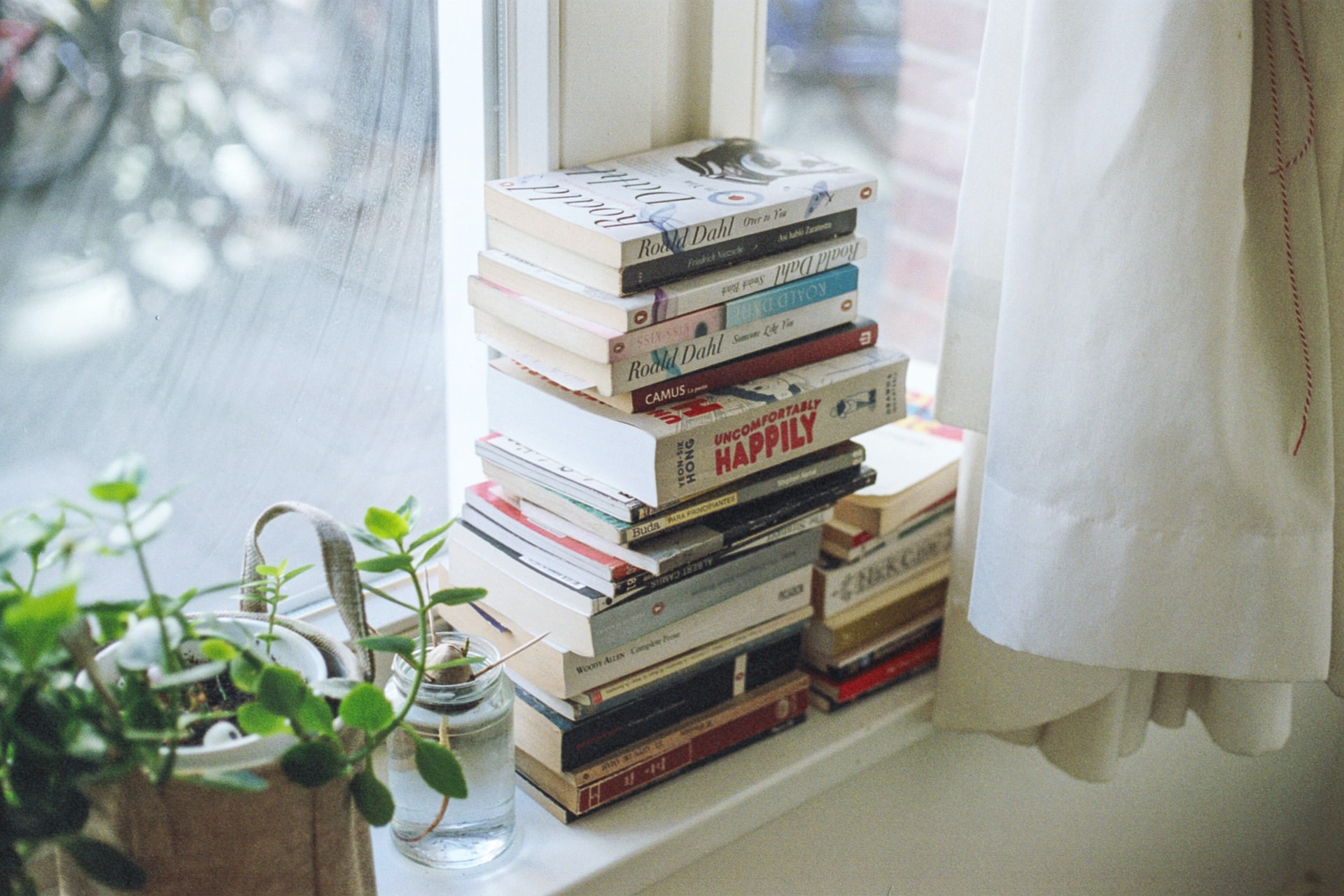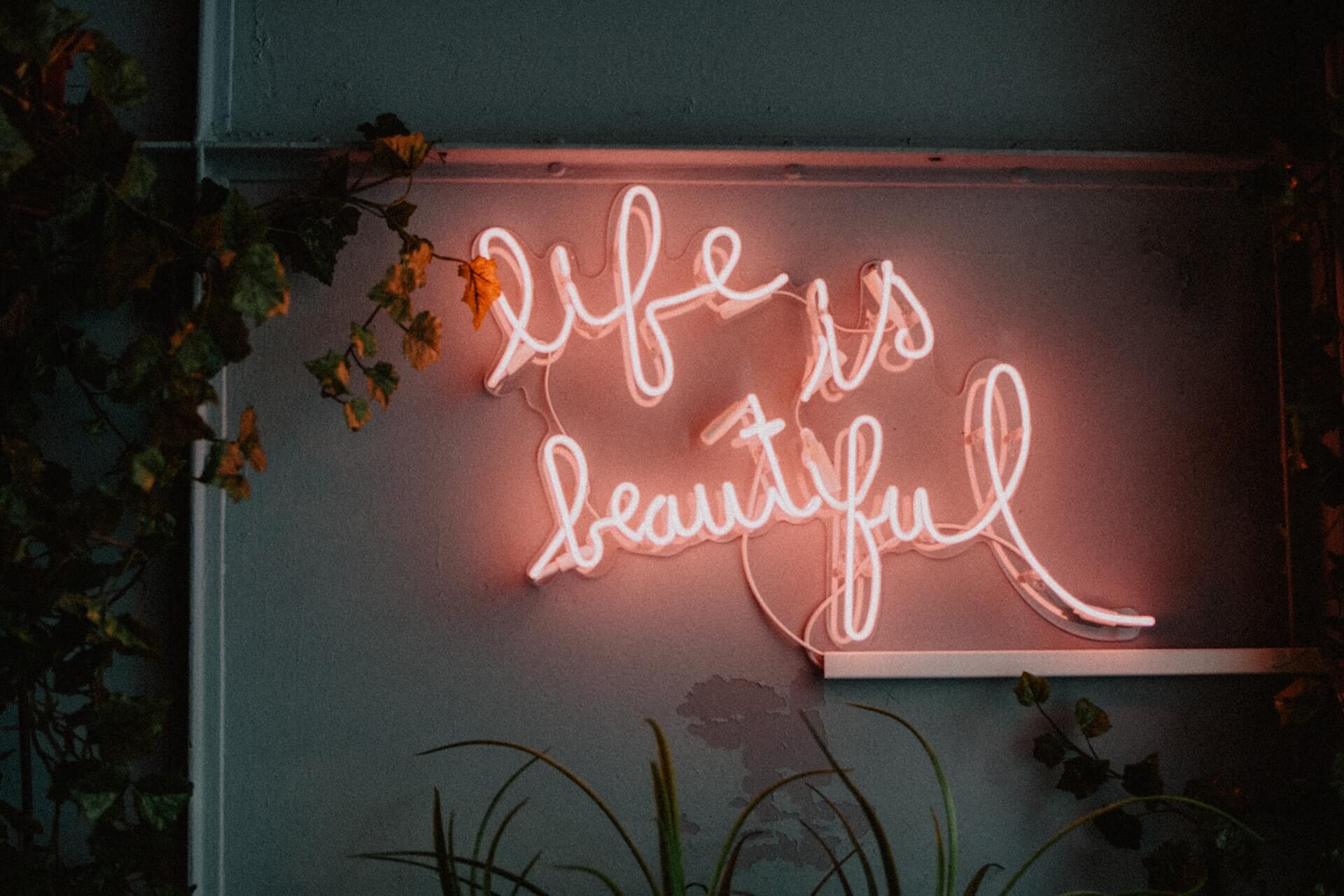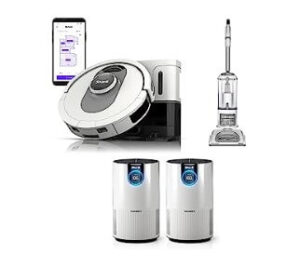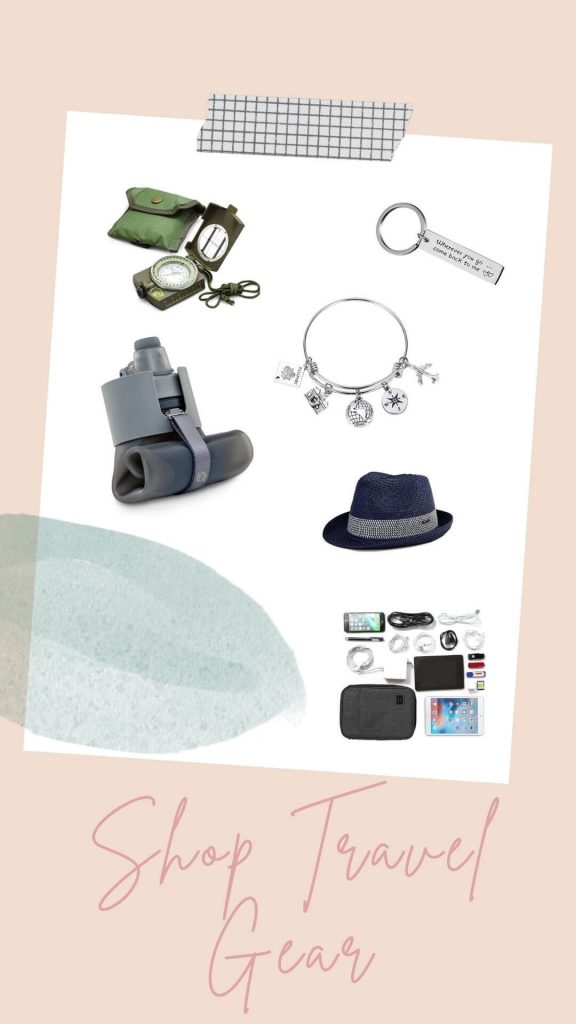We often talk about how anxiety affects your mental, emotional, and physical health. But less is spoken about how it impacts your relationships.
You see, anxiety can cause short or long-term periods of uncertainty, panic, fear, and tension. Your thoughts may become so clouded that you’re ripped off the energy, passion, and connection that should exist between you and your partner.
Below are some specific and unfortunate ways how anxiety can affect your relationship:
- Anxiety robs joy off your relationship.
- It puts you in a state of panic and incessant uncertainty.
- It doesn’t make you accept your partner’s love wholeheartedly because you find reasons to doubt, often due to a low self-esteem.
- Anxiety overwhelms your true voice.
- It makes you selfish.
- Anxiety ultimately breaks down trust and effective communication in a relationship.
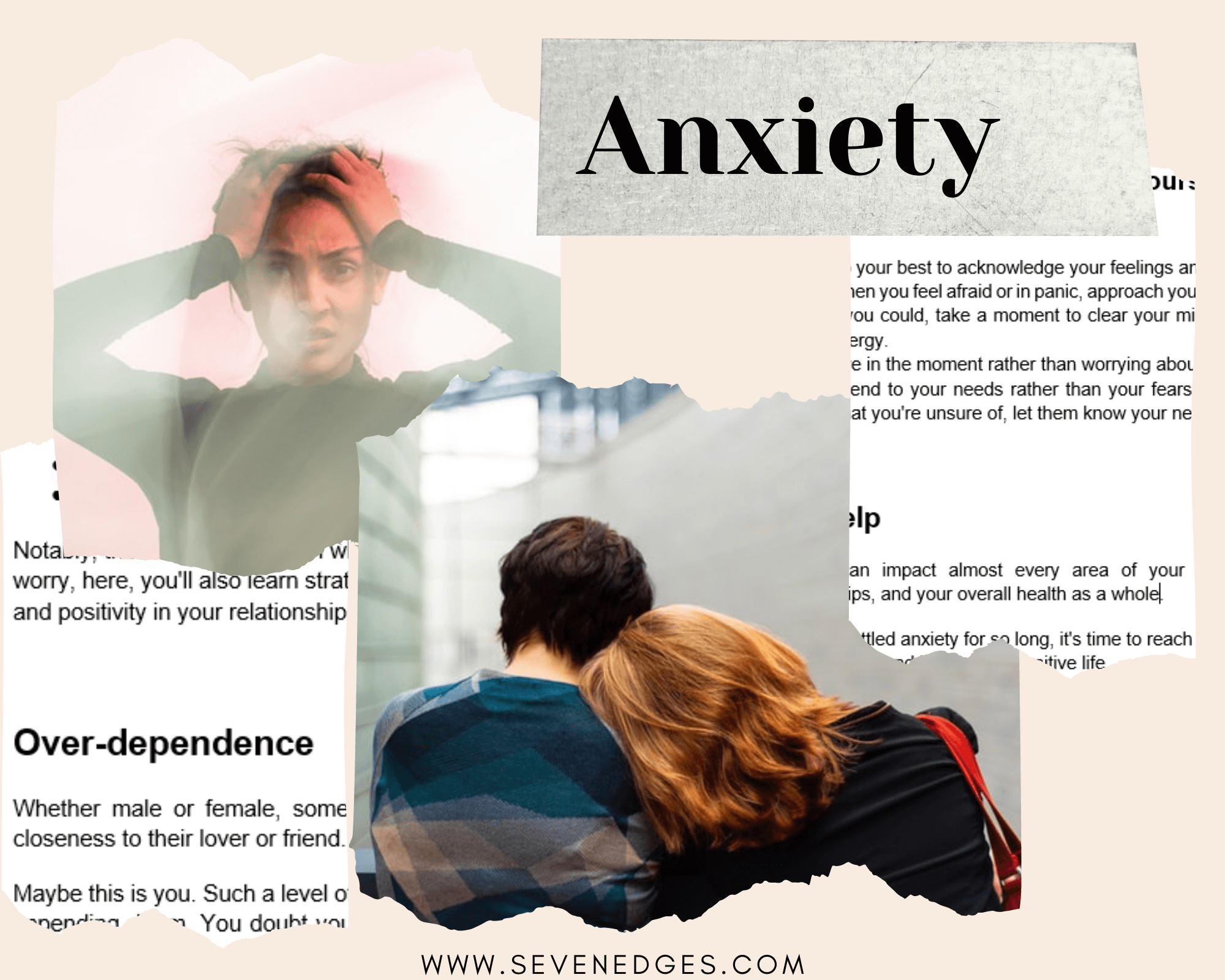
Notably, there are two ways in which anxiety can cause problems in your relationship. But not to worry, here, you’ll also learn strategies to help you navigate these challenges and find happiness and positivity in your relationship.
Over-dependence
Maybe this is you. Such a level of dependence is usually a result of a sense of insecurity, fear, or impending doom. You doubt your partner’s love and believe something might go wrong at any time. The only time you feel safe is when in your partner’s presence. These are some signs of anxiety in relationships.
Furthermore, people with anxiety in a relationship tend to overthink, fear rejection, and seek constant communication. Consequently, they may show anger towards the partner when they do not offer as much attention as the anxious partner desires, and such anger may become destructive to the relationship.
How to deal with destructive dependency
If you find yourself struggling with an excessive attachment that seems harmful to your relationship, finding ways to cope with your anxiety and becoming more self-reliant will go a long way to taking the pressure off your partner.
For example, whenever you find yourself feeling overly suspicious, insecure, or angry, remind yourself that this emotion may only be from your anxiety. Then try to see if there is any fact to validate your claim. A specialist specializing in anxiety treatment can also help you devise strategies to cope, think for and rely on yourself, and even support your partner rather than needing them whenever you get anxious.
Avoidance
Another way anxiety can harm your relationship is through avoidance, in that you try to deny your emotions to hide or cope with anxiety. Anxious people who show avoidance may resolve to prevent disappointment in the relationship by not laying bare their hearts, not wanting to look vulnerable. Therefore, the essence of the relationship is defeated.
Such persons who are avoidant, however, may be described by others as cold and apathetic. However, deep within, they desperately long for closeness and affection. They only deny it outwardly, and not showing emotions can ruin relationships.
What to do
Sometimes, medication may be included in treating people with relationship anxiety, which is typically described as General Anxiety Disorder. However, these drugs do not offer any long-term cure but only serve to suppress the symptoms so you can feel better while reworking your thoughts and behaviors with the therapist.
Other ways you can help yourself when having bouts of anxiety
- Do your best to acknowledge your feelings and own up to them.
- When you feel afraid or in panic, approach your partner with kindness to ease their tension. If you could, take a moment to clear your mind of some of the thoughts draining you of energy.
- Live in the moment rather than worrying about later and what-ifs.
- Attend to your needs rather than your fears. Instead of challenging your partner about what you’re unsure of, let them know your needs politely.
Get help
Anxiety can impact almost every area of your life: work, family, platonic and romantic relationships, and your overall health as a whole.
If you’ve battled anxiety for so long, it’s time to reach out and find help so you can take charge of your thoughts and live a more positive life.

This post contains affiliate links, which means we may receive a small commission, at no additional cost to you, if you make a purchase through these links.
Photo by Külli Kittus, Uday Mittal on Unsplash
More Reads

